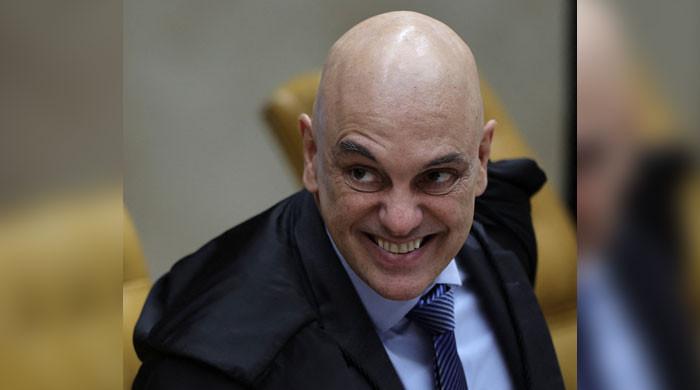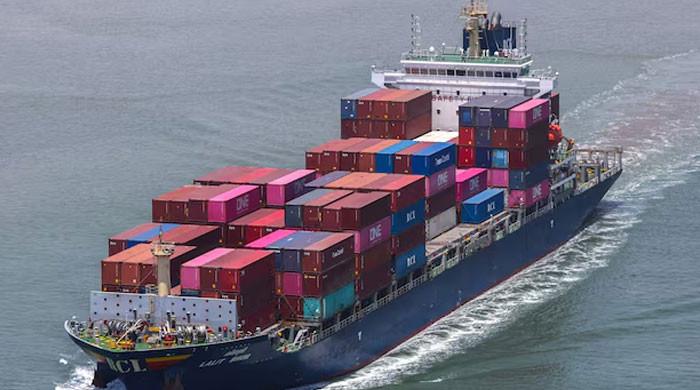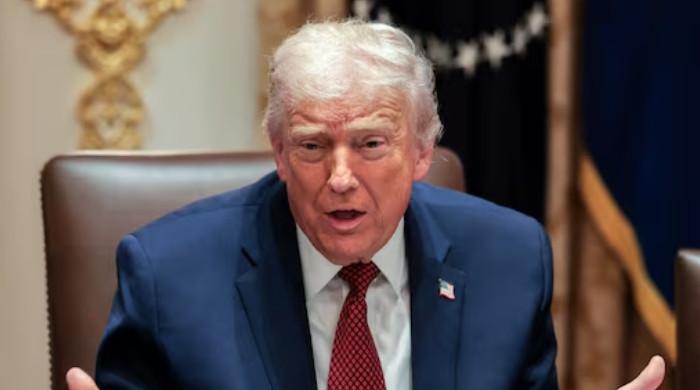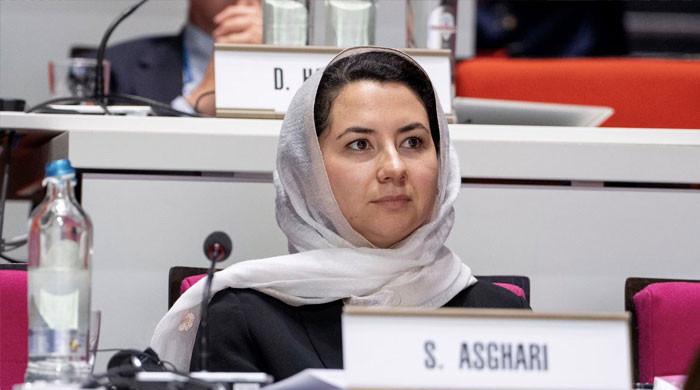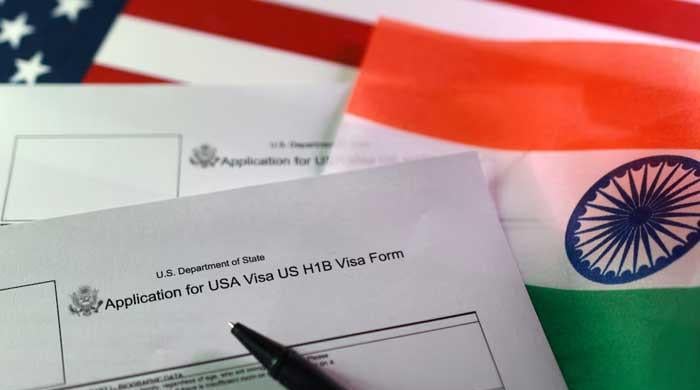Pro-Europe vote fragments but limits nationalist gains in EU election
EU officials were delighted by an increase in voter turnout to 51%, up from 43% in 2014
May 27, 2019
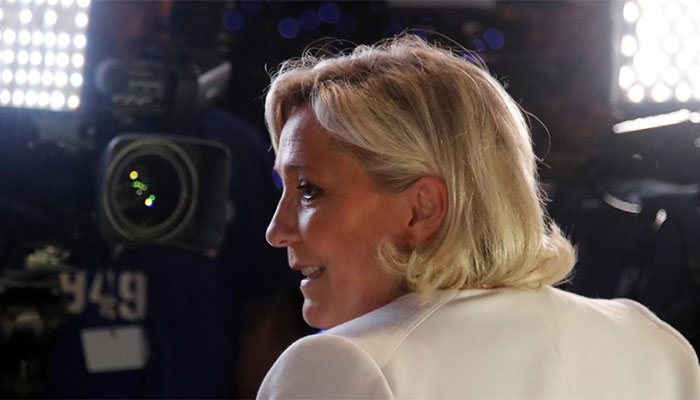
BRUSSELS: Parties committed to strengthening the European Union held on to two-thirds of seats in the EU parliament, official projections from the bloc’s elections showed on Sunday, though far-right and nationalist opponents saw strong gains.
France’s Emmanuel Macron, who has staked his presidency on persuading Europeans that the EU is the answer to the challenges of an uncertain, globalising world economy, took a personal hit when his centrist movement was edged into second place by Marine Le Pen’s anti-immigration, anti-Brussels National Rally.
But Macron’s Renaissance, built on the ruins of centre-left and centre-right parties, added to gains for liberals at the EU level as turnout bounced sharply across the bloc. Along with a surge for the Greens, that meant four groups occupying the pro-EU middle ground lost under 20 seats, securing 505 seats out of 751, according to a projection by the European Parliament.
That may complicate some policymaking, as a two-party “grand coalition” of the conservative European People’s Party (EPP) and the Socialists (S&D) no longer has a majority. The liberals, with over 100 seats and Greens, with nearly 70, want a big say.
But it also dents the hopes of Le Pen, Italian Deputy Prime Minister Matteo Salvini and others who have been seeking to disrupt attempts to forge closer EU integration. Salvini called the elections a mandate for a shake-up in Brussels.
But tensions among nationalists, who also include the Polish and Hungarian ruling parties and the new Brexit Party of British campaigner Nigel Farage, have limited their impact on policy.
“The big thing is that the gains for the extremists were not very substantial,” Guntram Wolff, head of the Bruegel economics think-tank in Brussels, told Reuters.
Luxembourg’s liberal Prime Minister Xavier Bettel posted a pro-Europe tweet: “Europe wins! Voter turnout very high and pro-European parties are strongest.”
TURNOUT REVERSES FALLING TREND
EU officials were delighted by an increase in turnout to 51%, up from 43% in 2014. It was the first reverse in a trend of falling participation since the first direct EU vote in 1979.
At its highest in 20 years, that turnout may muffle talk of a “democratic deficit” undermining the legitimacy of the EU.
As the Union faces unprecedented slights from the United States under President Donald Trump, hostility from Russia under President Vladimir Putin and anxiety over the rising trading power of China, a revival of its citizens’ interest, however muted, and a containment of its critics, is welcome for supporters of the bloc.
A stronger voice for the liberals and Greens could see the next EU executive seek a tougher line on regulating polluting industries, taxing multinational companies or demanding trading partners help contain climate change — as well as press its own members, notably in the east, not to damage civil rights.




